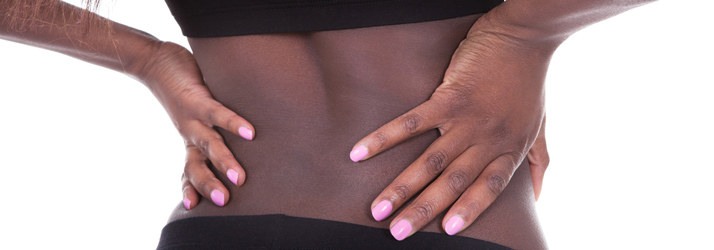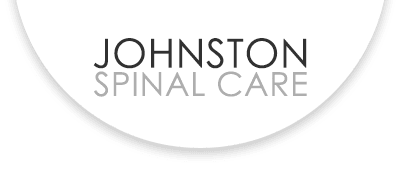Spinal Stenosis in Naples

Spinal stenosis (narrowing) is a condition that affects many adults 50 years and older. This occurs when the spinal canal, containing the nerve roots and spinal cord, becomes constricted or compressed. This can lead to a number of problems, depending on which nerves are affected. In general, lumbar spinal stenosis can cause cramping, pain or numbness in the legs, back; a loss of sensation in the extremities; and sometimes, in rare cases, problems with bladder or bowel function. In general, spinal narrowing is caused by osteoarthritis, disc bulging, or "wear and tear" arthritis, of the spinal column. This results in a "pinching" of the spinal cord and/or nerve roots.
People suffering from spinal stenosis may have trouble walking any significant distance, and usually must sit or lean forward over a grocery cart, countertop or assistive device such as a walker.
Typically, a person with spinal stenosis complains about developing pain in the legs or calves and lower back. Pain sometimes occurs more quickly when walking up hills. Sitting or leaning tends to relieve the pain. When the spine is flexed forward, more space is available for the spinal cord, causing a reduction in symptoms.
WHAT CAUSES IT?
Spinal stenosis is usually caused by progressive degenerative changes in the spine. This is usually called "acquired spinal stenosis" and can occur from the narrowing of space around the spinal cord. Stenosis can also be caused by a bulge or herniation disc in the spine. Non-surgical spinal decompression has shown to be very effective for stenosis because it can take pressure off the joints and nerves in the spine.
HOW IS IT TREATED?
Spinal stenosis should first be treated with conservative non-surgical therapies. One important therapy is exercise. Keeping the muscles of the hip, back, and legs toned allows for improved stability and will improve walking.
Non-surgical spinal decompression therapy is very successful with symptoms related to stenosis, herniated or bulging discs, lateral canal stenosis, and facet syndrome. Spinal Decompression has shown to give long term improvement and does not involve the complications associated with injections or surgery.
Medications such as nonsteroidal anti-inflammatories (NSAIDs) can also be helpful with pain relief. Cortisone injections into the epidural space, the area around the spinal cord, may provide some relief to people suffering from this disorder. Typically, this relief is temporary, and a patient must understand the risks/complications and side-effects associated with spinal injections.
Under severe and rare circumstances, surgery can help to correct this disorder. Surgery can help with stenosis, but is usually recommended as a last resort after exhausting non-surgical treatments first. Several studies report that surgical treatment produces short term positive results. However, these results tend to deteriorate over time. In addition, lumbar decompressive surgery can be complicated by epidural hematoma, deep venous thrombosis, dural tear, infection, nerve root injury and recurrence of symptoms.
The conservative approach is very often the best approach. If you are interested in reviewing your condition or MRI/Xray with Dr. Murray Johnston at Johnston Spinal Care & Vax-D Spinal Decompression in Naples (Bonita Springs, Estero, Fort Myers, Marco Island) please contact us at 239-596-2225 for an immediate no-charge consultation. We also have X-ray facilities in-house.
OFFICE HOURS
Monday
8:00am - 5:00pm
Tuesday
8:00am - 5:00pm
Wednesday
8:00am - 5:00pm
Thursday
8:00am - 5:00pm
Friday
8:00am - 5:00pm
Saturday
Closed
Sunday
Closed
Johnston Spinal Care
10651 Tamiami Trail North
Naples, FL 34108
Phone: (239) 596-BACK (2225)
Fax: (239) 566-PAIN (7246)



